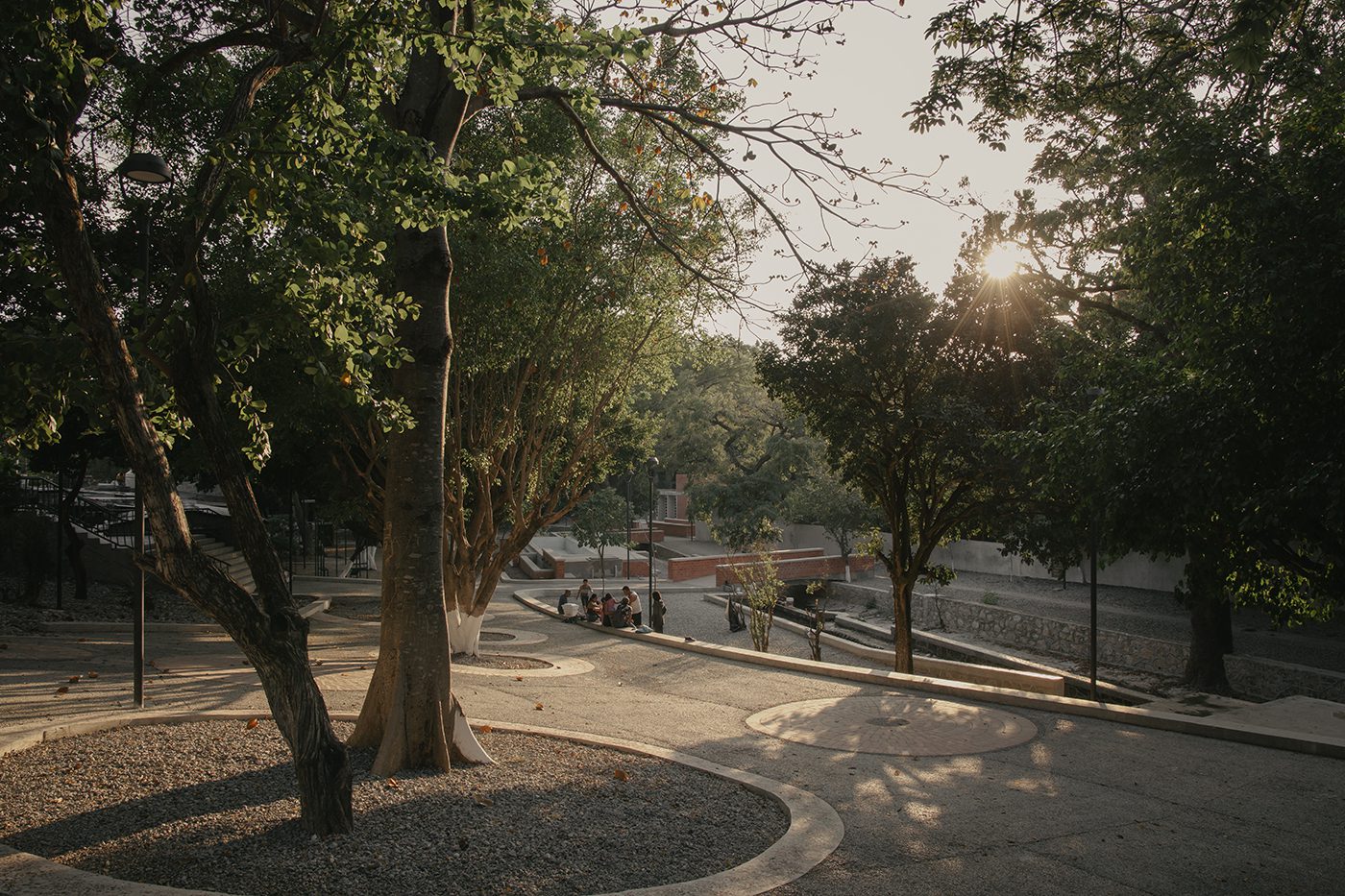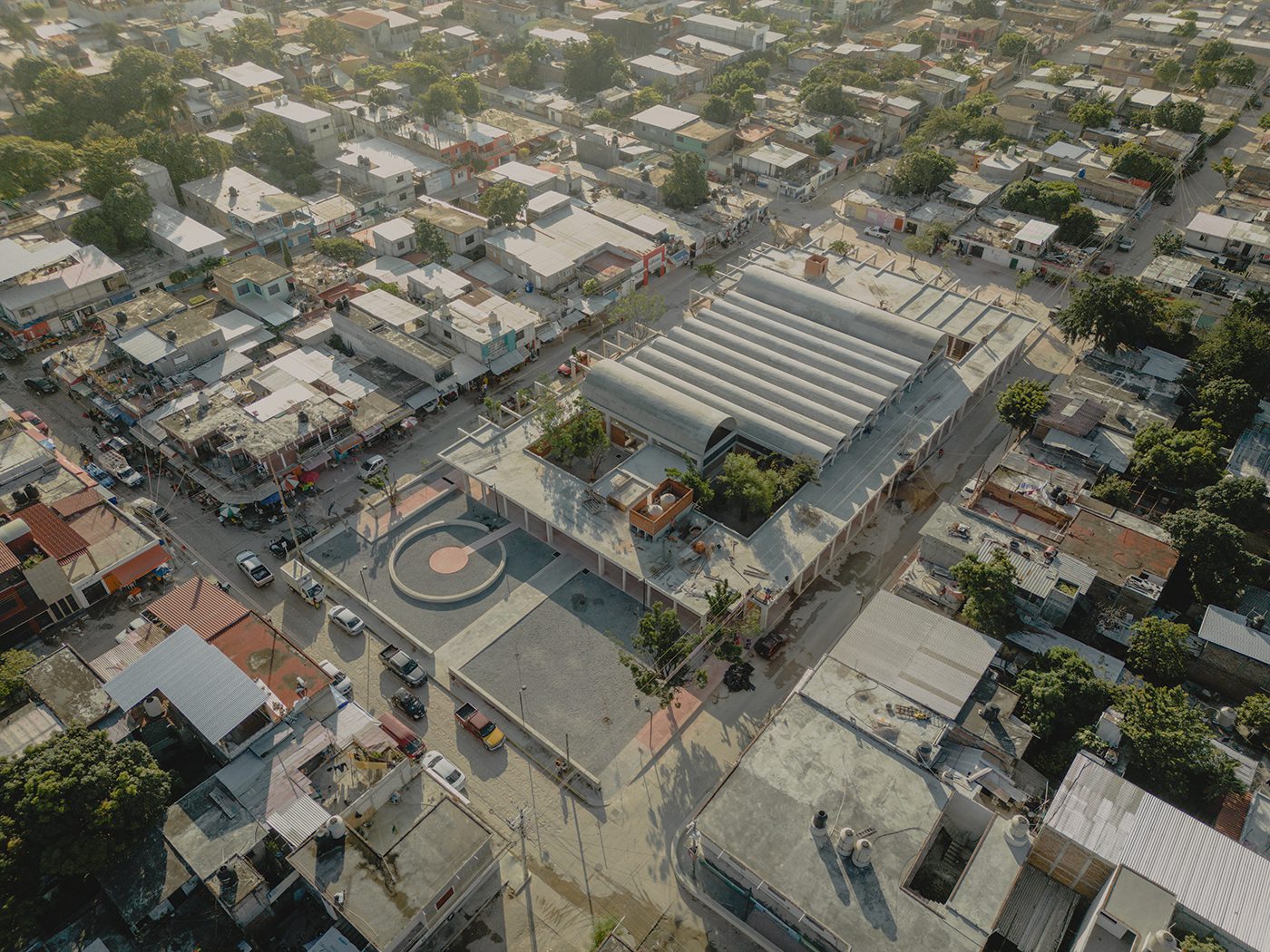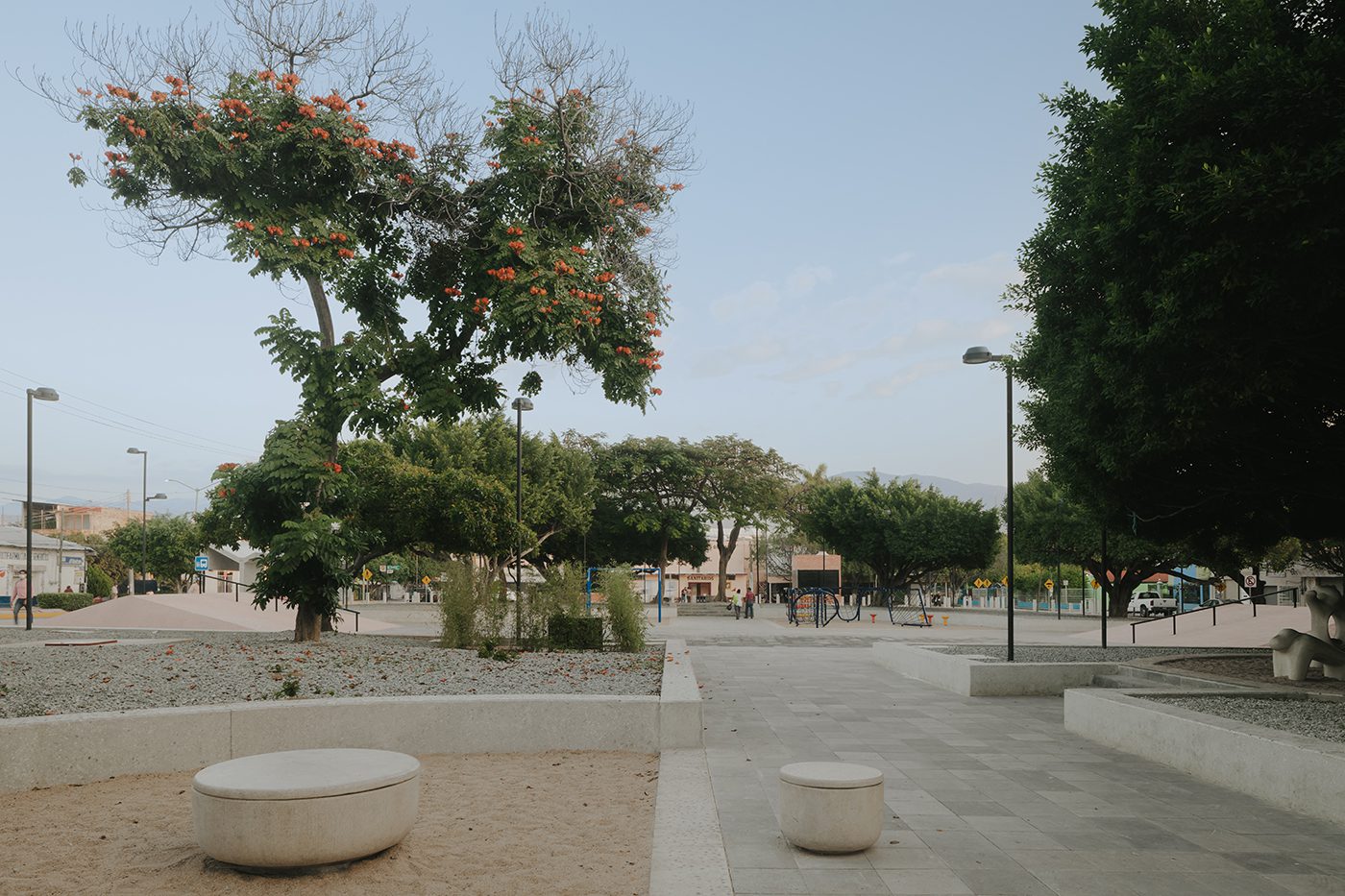Project implementation: Mexico
Project development: Mexico
Urbanization represents one of the most significant challenges of the coming decades, especially in developing countries, where uncontrolled growth and unsustainable expansion threaten both social well-being and environmental balance. Mexico, as a developing Latin American country, faces multiple challenges arising from these processes, including social inequality, insecurity, and urban sprawl, which often takes the form of territorial sprawl and vulnerable settlements.
Chiapas is among the most unequal, yet most biodiverse, entities in the country.
Its capital, Tuxtla Gutiérrez, is located in a mountainous basin in southern Mexico, characterized by a sub-humid tropical climate and a unique natural environment, bounded by the Grijalva River and the imposing Sumidero Canyon. Despite its natural beauty and importance as the state capital, Tuxtla faces serious urban challenges. Rapid and disorganized growth, combined with a complex topography and persistent social gaps, has displaced vulnerable communities to areas with limited infrastructure and opportunities, intensifying the need for more inclusive, resilient, and sustainable urban planning.
The Tuxtla Urban Improvement Program (PMU) comprises a set of concrete strategies developed through a series of projects at various scales to contribute to the rehabilitation of marginalized neighborhoods. The interventions, located in different parts of the city, range from Tuxtla's center to its outskirts, with the goal of regenerating the social fabric through infrastructure and urban amenities that promote connectivity and the development of safe environments.
The project is based on data collection supported by citizen participation, as well as brief surveys with various local groups convened by the Secretariat for Agrarian, Territorial and Urban Development (SEDATU) to examine insecurity, gender-based violence, crime and the needs of each location.
Thus, we developed five projects—the 5 de Mayo Plaza and Garden, the Main Plaza, the El Aguaje Park and Community Center, the 22 de Novembro Market, and the Patria Nueva Sports Complex—with the aim of improving living conditions in Tuxtla's most vulnerable neighborhoods through social reconnection.




